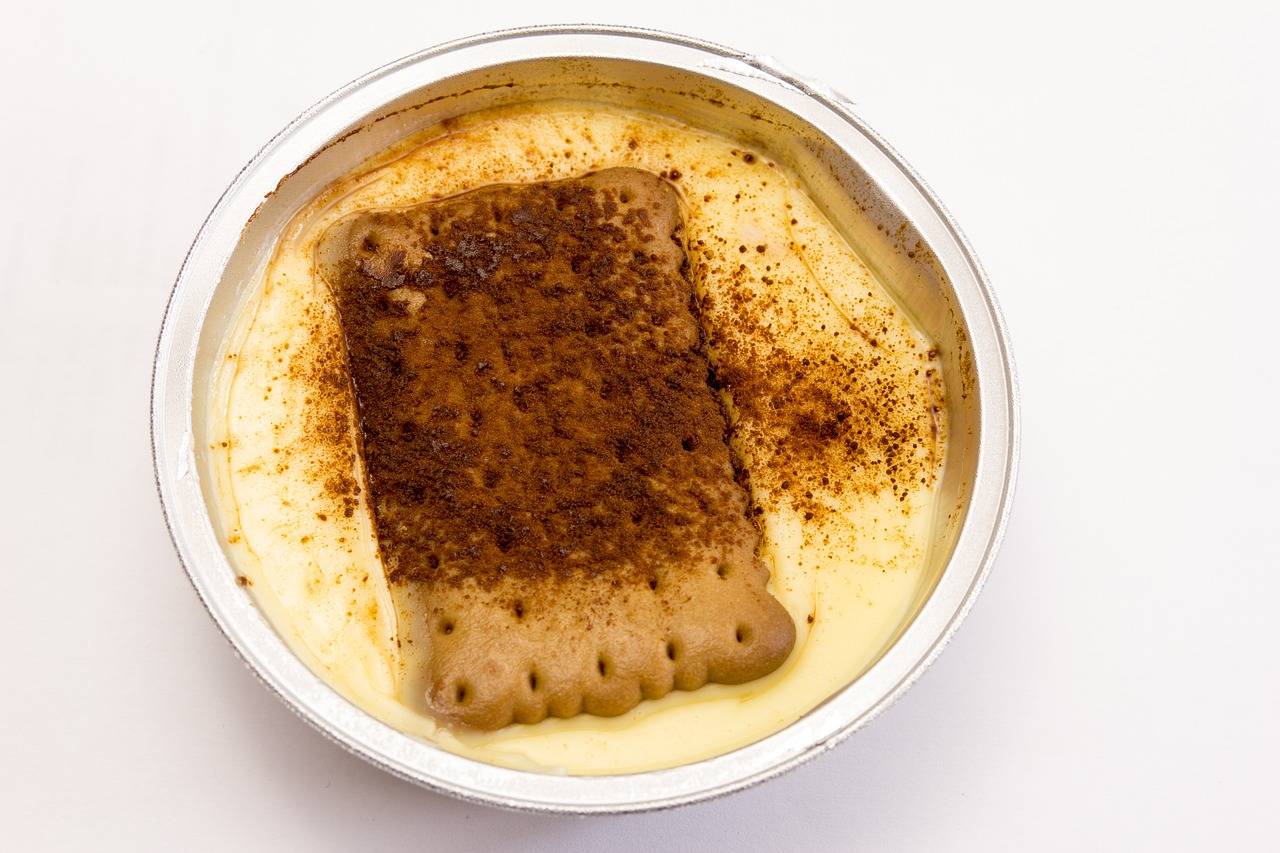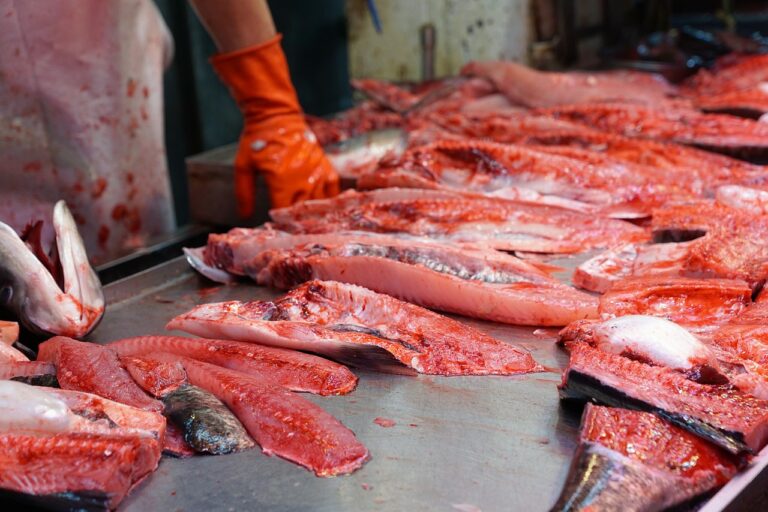The Future of Sustainable Packaging: Biodegradable Alternatives
With the increasing emphasis on sustainability and environmental concerns, the current packaging industry is facing significant challenges. One of the primary issues is the overreliance on non-biodegradable materials like plastic, which contribute to pollution and harm marine life. Consumers are becoming more aware of the detrimental effects of excessive packaging waste on the environment, leading to a demand for eco-friendly alternatives.
Another challenge in the packaging industry is the lack of standardized recycling processes and infrastructure. Inconsistent recycling guidelines across regions and countries make it difficult for consumers to properly dispose of packaging materials, resulting in contamination of recycling streams. This hinders the effectiveness of recycling efforts and contributes to the growing problem of plastic pollution in landfills and oceans.
Benefits of Biodegradable Packaging
Biodegradable packaging offers a sustainable solution to the increasing environmental concerns related to traditional packaging materials. These eco-friendly options break down naturally into non-toxic components, reducing the amount of waste in landfills and oceans. By utilizing biodegradable packaging, companies can align their operations with environmentally conscious practices and demonstrate a commitment to reducing their ecological footprint.
In addition to environmental benefits, biodegradable packaging can also enhance brand reputation and attract eco-conscious consumers. With a growing emphasis on sustainability, consumers are more likely to favor products that come in biodegradable packaging over those in traditional plastic or non-biodegradable materials. By adopting biodegradable packaging, businesses can appeal to a wider consumer base, differentiate themselves in the market, and potentially increase customer loyalty.
Types of Biodegradable Materials
When it comes to biodegradable materials used in packaging, one common option is plant-based materials. These materials are derived from renewable resources such as corn, sugarcane, or potato starch. They are not only eco-friendly but also help reduce the reliance on traditional petroleum-based plastics.
Another popular biodegradable material is polylactic acid (PLA), which is made from fermented plant starch, usually derived from corn. PLA is a versatile material that can be used in various packaging applications, ranging from bottles and containers to films and coatings. It offers comparable properties to traditional plastics but with the added benefit of being compostable and biodegradable.





